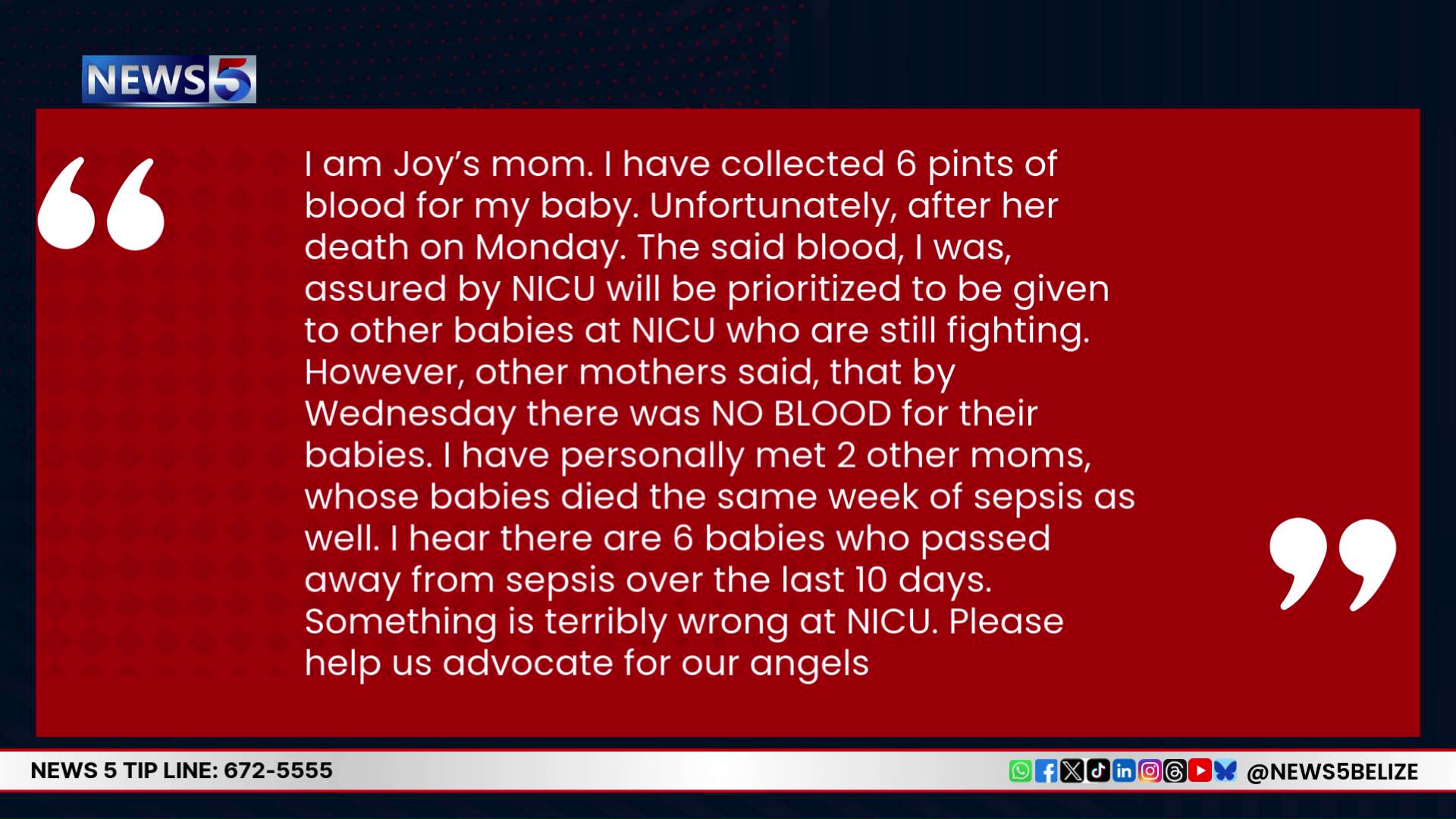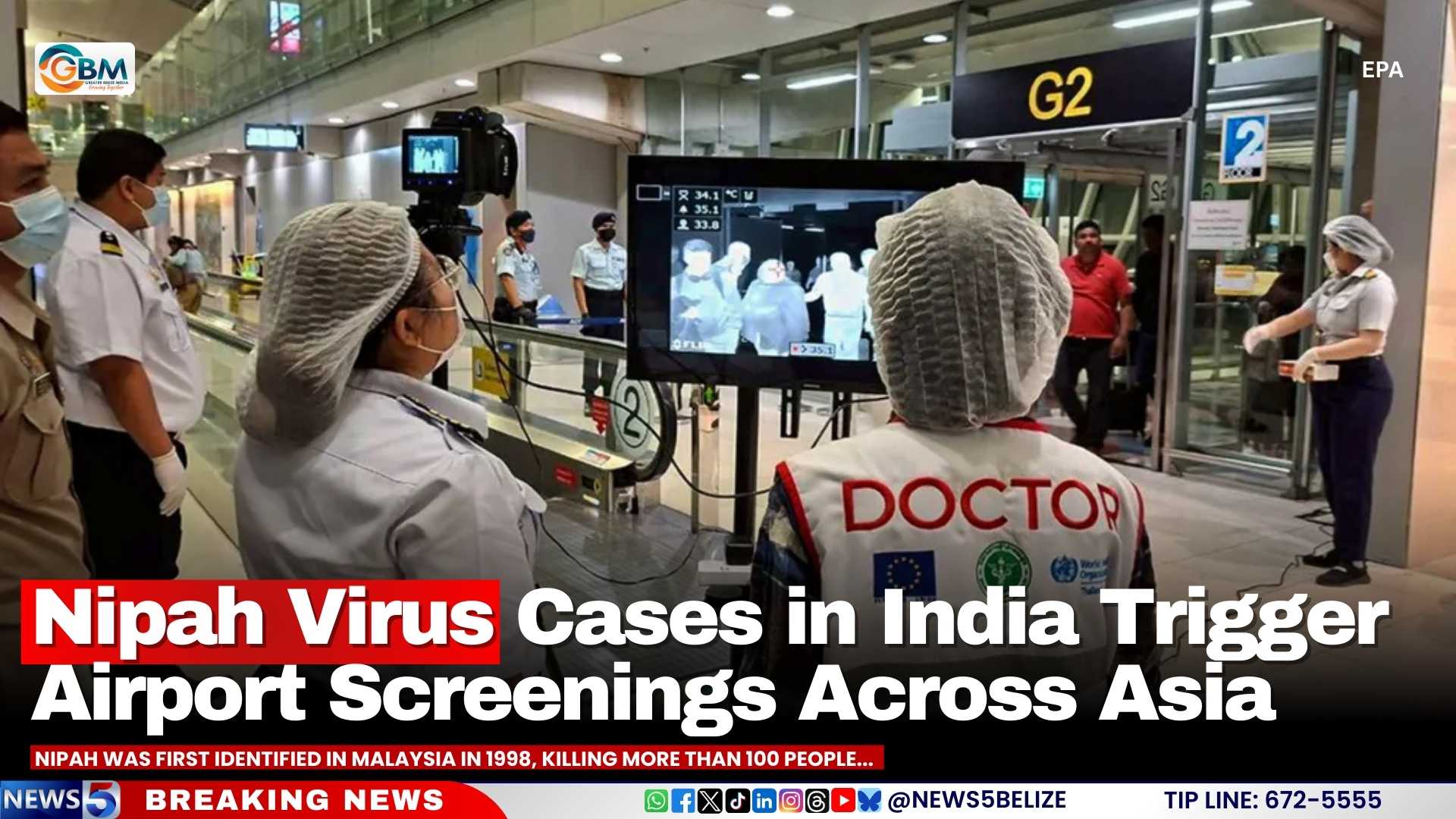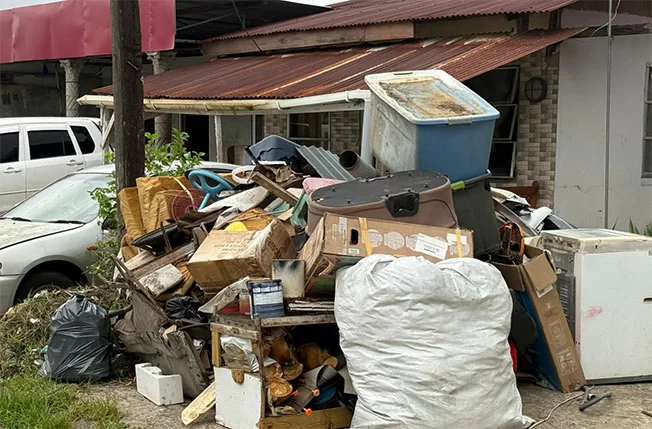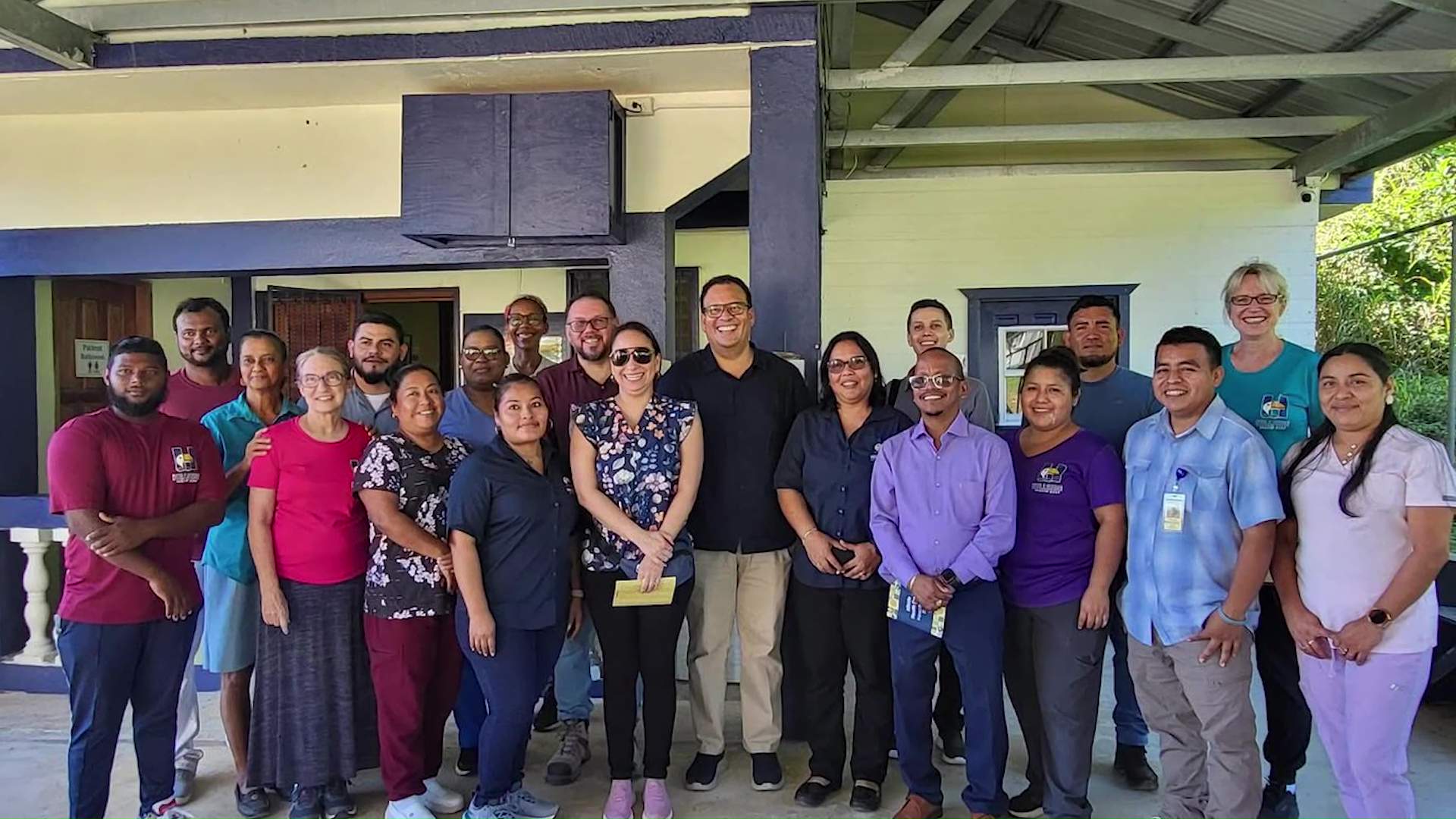The Saint Lucian Ministry of Health has released its comprehensive 2025 Health Summary Update, providing a detailed epidemiological portrait of the nation’s public health landscape. Chief Medical Officer Dr. Sharon Belmar George presented the findings, which reveal both significant improvements in infectious disease control and ongoing challenges related to chronic illnesses and healthcare infrastructure.
The report indicates notable demographic shifts, with life expectancy reaching 70.2 years for men and 77.8 years for women. The nation recorded a continued decline in birth rates, with 1,326 live births in 2025 representing a 6.1% decrease from the previous year and a crude birth rate of 7.7 per 1,000 women of childbearing age.
Infectious disease surveillance showed substantial progress: COVID-19 cases declined from 3.4 to 2.0 per 10,000 population, dengue fever cases plummeted by 91% compared to 2024, and gastroenteritis cases decreased by 85%. However, health officials noted the continued circulation of respiratory viruses including new variants of COVID-19, Influenza A and B, and RSV. The report also documented concerning increases in leprosy cases (16 new cases, eight times higher than 2024) and six cases of leptospirosis.
The HIV epidemic shows gradual improvement with a 2.6% decrease in new cases, though 1,003 individuals continue to live with the virus, 58% of whom are male.
Chronic Non-Communicable Diseases (NCDs) remain the dominant health challenge, accounting for over 80% of all deaths. Cancers, cerebrovascular disease/stroke, heart disease, and diabetes mellitus have constituted the top four causes of mortality for the past decade. Behavioral risk factors including low health screening rates, rising obesity, poor nutrition, and physical inactivity continue to drive NCD prevalence.
The report highlighted concerning gender-specific health impacts: males face higher mortality from violence, transportation accidents, and smoking-related respiratory diseases, while females experience greater losses from breast/cervical cancers and perinatal conditions.
Healthcare infrastructure challenges persisted throughout 2025, with facility closures and care diversions due to maintenance issues and mold contamination. However, the CMO noted reductions in environmental air quality-related closures compared to previous years.
Significant achievements included the implementation of free antenatal care, cervical/prostate cancer screening, and snake bite management through the Universal Health Care initiative. The health sector also celebrated the opening of the Dr. Betty Wells Urban Polyclinic and the official handover of the St. Jude Hospital site in November 2025, with plans to commission dialysis and other clinical units at the facility.
For 2026, the Ministry prioritizes strengthening primary care and NCD programs with enhanced focus on nutrition, wellness promotion, and expanded universal health coverage.









